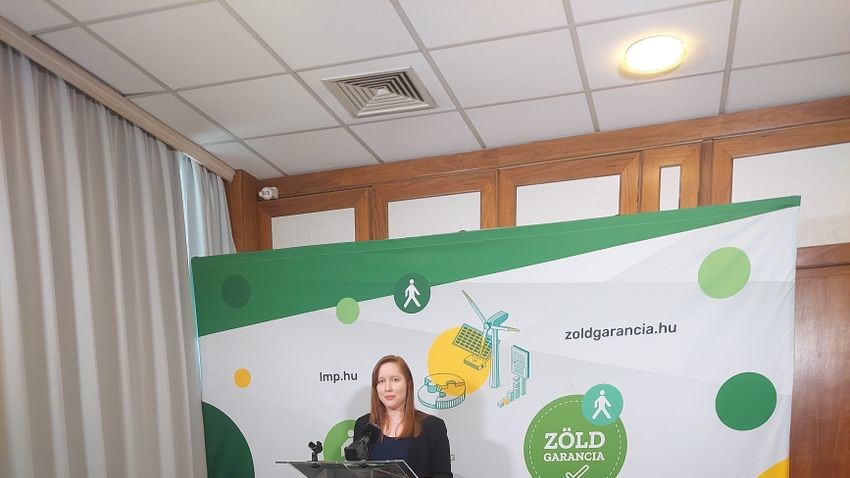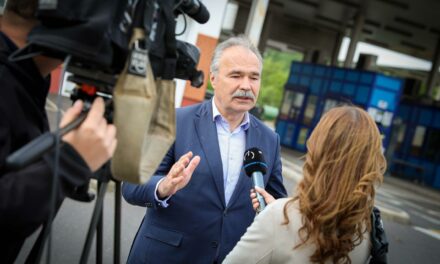The introduction of the congestion charge as soon as possible and the complete removal of cars from the lower wharf in Pest would be necessary in order to reduce car traffic in Budapest, said Bernadett Bakos, the member of parliament of the LMP, at his press conference on Friday. This was reported by Éva Harangozó in Magyar Nemzet
As you can read:
According to him, two thousand people die prematurely in the capital every year due to air pollution, and he believed that in order to reduce pollution, noise and stress, the city should therefore be redesigned from cars to people. Bernadett Bakos also emphasized that closing a section of the quay is only a half-solution, and called for a complete car-free zone so that the area can be used by pedestrians, cyclists, and picnickers. The LMP proposes a fee proportional to usage, according to which more should be paid when and where traffic jams and air pollution are greater, and the amount collected should be used for public transport.
The politician complained that, according to the mayor, the congestion charge is not timely, even though, as he reminded, its introduction was included in the election program of Gergely Karácsony. Currently, the law prohibits the municipality from charging a fee for the use of the public road (in the case of passenger cars), this can only be changed by a majority of the Parliament. In response to this, Bernadett Bakos explained to the Magyar Nemzet that, above all, the local government law hinders the introduction of the fee, which should be amended first. He added: the LMP is asking Gergely Karácsony to prepare an impact study on the introduction of the congestion charge.
2022 plus:
Let's take two things out of the brainstorming: the complete car-free quay applies only to Pest, or to Buda as well. One way or another, traffic jams and air pollution will be even greater. And it directly follows from this that the largest congestion charge can be collected, because what is the essence of the proposal? The LMP proposes a usage-based fee, according to which more should be paid when and where traffic jams and air pollution are greater.
It is clever and hardly transparent that they want to collect even more money from motorists, for example because there was an accident, or because of cycle paths, you can only travel in one lane, or the lights are set incorrectly, etc. Let's not even talk about the one who lives in the city center and wants to get out of the city in the morning traffic every day, let's not even talk about institutional cars. Yeah, maybe they get an exemption? Of course, many more questions could be formulated, but I would suggest to the proposer that he urgently go and get his head together so that all that cleverness does not fall out of him.












